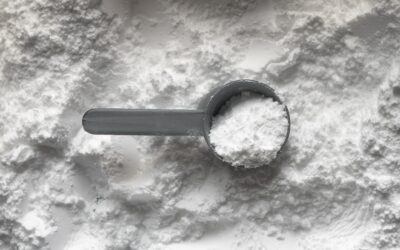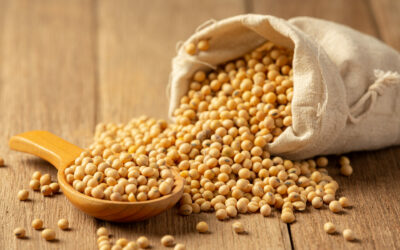Chewing food, also known as mastication, plays an important role in maintaining gut health. Proper mastication helps to break down food particles into smaller pieces, making it easier for the digestive enzymes to break down the food further. This leads to a more efficient digestion process and can help to prevent issues such as bloating, constipation, and indigestion.
When food is not properly chewed, it can cause difficulties in the stomach and small intestine, leading to improper absorption of nutrients and possible malnutrition. Additionally, larger food particles can also cause mechanical damage to the gut lining, leading to inflammation and irritation.
Chewing also triggers the release of saliva, which contains enzymes that help to break down carbohydrates and neutralize acid in the stomach. Saliva also helps to moisten food, making it easier to swallow and promoting a healthy pH balance in the mouth.
Furthermore, mastication has been linked to the production of hormones that control hunger and satiety, such as ghrelin and peptide YY, which can help to regulate appetite and body weight.
A study conducted in 2017 and published in “Gut Microbes” suggests that mastication could affect gut microbial diversity and diversity of gut functions. Additionally, a study published in 2020 in the “European Journal of Clinical Nutrition” found that mastication could affect gut motility and could improve symptoms of functional dyspepsia.
Another study published in 2020 in the “British Journal of Nutrition” found that mastication could improve blood glucose control and lower the risk of type 2 diabetes.
In conclusion, proper mastication is an essential step in maintaining gut health and preventing issues such as bloating, constipation, and indigestion. It’s also important to note that a healthy diet and lifestyle, as well as consulting with a medical professional, are also key factors in maintaining gut health.
References:
- “Gut Microbes” 2017, Volume 8, Issue 1, Pages 36-44
- “European Journal of Clinical Nutrition” 2020, Volume 74, Pages 732-737
- “British Journal of Nutrition” 2020, Volume 124, Pages 1375-1382




0 Comments